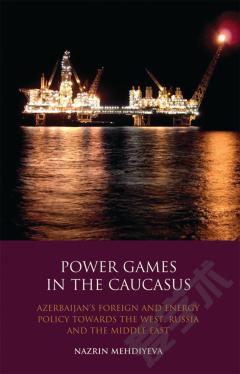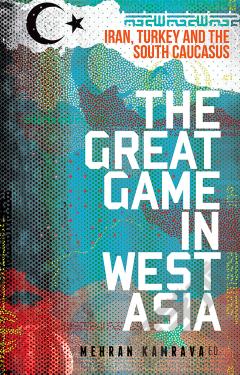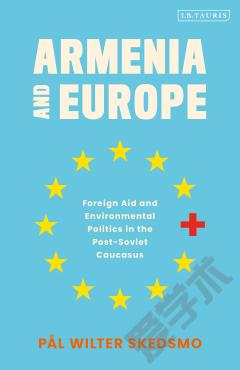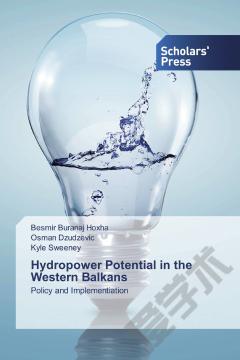Power Games in the Caucasus —— Azerbaijan's Foreign and Energy Policy Towards the West, Russia and the Middle East
----- 高加索地区的权力游戏:阿塞拜疆对西方,俄罗斯和中东的外交和能源政策
The dissolution of the Soviet Union into independent states was among the most momentous political phenomena of the twentieth century. This transformation was in many cases traumatic, as the nascent post-Soviet states found themselves grappling with a harsh reality that was very different from the illusions they had cherished in the early days of independence. This book examines the experience of Azerbaijan, which despite very limited prior experience with statehood, tried in the 1990s to carve out an independent foreign and energy policy. Consolidating its newly gained independence and conducting its foreign affairs autonomously from Russia's regional hegemony became the national tasks of paramount importance, tasks intricately linked to the state's vital security. Azerbaijan's substantial oil and gas resources were among the tools used to help achieve these goals.This book is the first comprehensive study of Azerbaijan's foreign policy vis-à-vis its much stronger neighbours - Russia, Turkey and Iran - and the role that the West brought to bear in helping the small state counterbalance Russia's influence. Complex and subtle diplomatic negotiations enabled the implementation of the resource exploitation and transit projects that Azerbaijan's leadership considered critical - the construction of the Baku-Tbilisi-Ceyhan oil pipeline bypassing Russia being one example. In charting the evolution of such policies from the early 1990s to the present, the author has consulted a wealth of new sources and conducted an extensive range of interviews with national policymakers. The book challenges the neo-realist theory that small states are doomed to 'bandwagon' with large powers in their vicinity. Using the case of Azerbaijan, it demonstrates how in the post-Cold War order a small state successfully advanced its interests even when they contradicted those of the hegemon.
{{comment.content}}








 京公网安备 11010802027623号
京公网安备 11010802027623号